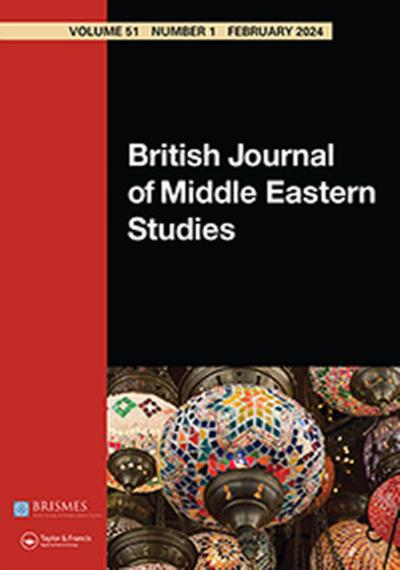Norwegian NGOs in Post-Taliban Afghanistan: Review and Lessons Learned
Afghanistan has within the span of three years moved from a complex political emergency to a nascent state-building process, a process that is not yet completed. The Afghanistan case is therefore important in order to learn how foreign aid and foreign NGOs can best assist a fledgling government in promoting peace and rebuild the country. The report reviews the policies, programs and projects of two Norwegian NGOs in Afghanistan: the Norwegian Afghanistan Committee (NAC) and the Norwegian Church Aid (NCA) during the difficult transitional period 2000-04. The report is based on a desk review, interviews with representatives of the organisations in Norway and Afghanistan, their Afghan program partners, officials in the Transitional Government of Afghanistan (TGA) and field-visits to project sites in the Bamyan and Badakshan provinces. The report is divided into four separate but interlinked parts. The first section gives a general background to the Afghan context and the overall political, economic and bureaucratic situation facing the Norwegian NGOs. The second part is a short profile of the NCA and NAC based on the documents they supplied to desk-review. The third part presents the findings in Afghanistan and includes recommendations to the organisations and, in one instance, to NORAD/MFA. The final section presents the lessons learned as well as the conclusions.



